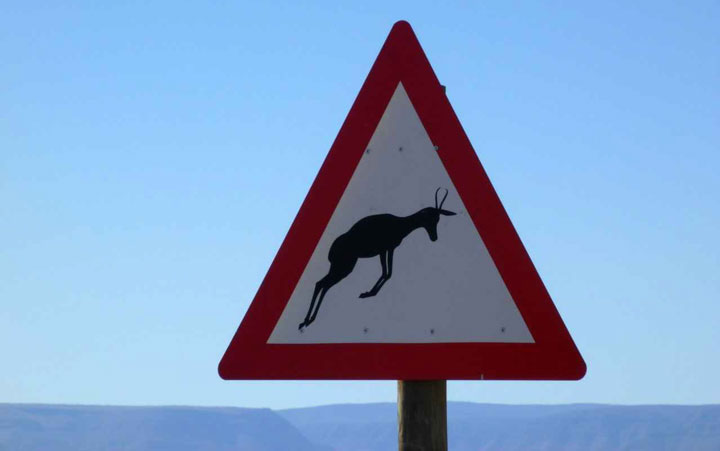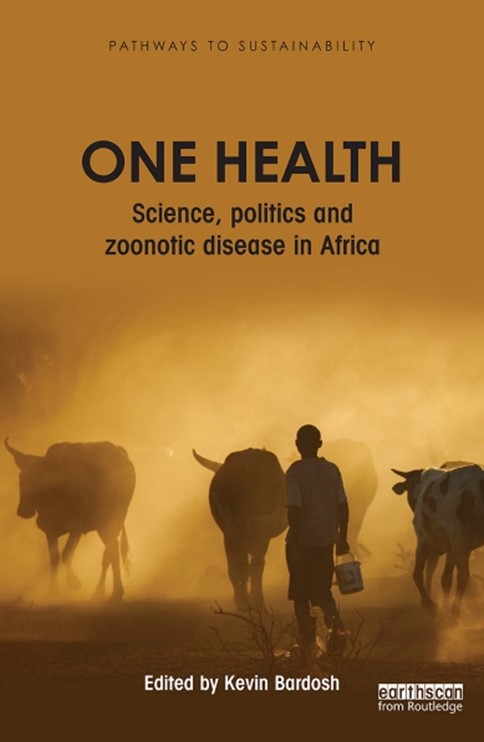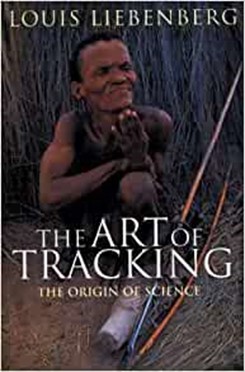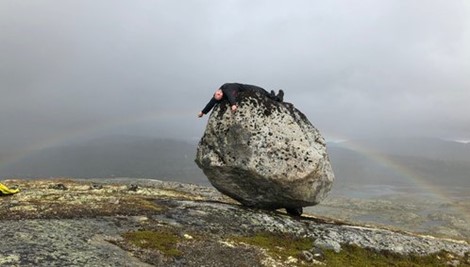Multispecies perspectives on African Studies: Suggestions for ‘species inclusivity’ in its curriculum and teaching


Harry Wels is the Publications Manager of the African Studies Centre Leiden. His research is about organisational structures of cooperation in the context of nature conservation and relates to broader issues in animal studies. He has written this blog as the convenor of the Collaborative Research Group Trans-species perspectives on African Studies.
In earlier blog posts of our Collaborative Research Group (CRG) Multispecies perspectives on African Studies, we argued for a more species inclusive approach to African Studies. This inclusive approach implies a deliberate decentring of the human as the quintessence of teaching and research attention and develop and train to have an open eye for the agency and dynamics of non-human life forms entangled in humans’ everyday lives. Scientific evidence that we live our lives in entangled worlds with other sentient life forms is overwhelming, as shown in our earlier blogs. What probably helps to convince people of this perspective even more right now is the COVID-19 pandemic and the way it is influenced by and linked to the broadly recognised climate crisis. In this context the World Health Organization (WHO) has already pushed for more than a decade for a more species inclusive approach to health (care) through the concept of One Health that the WHO introduced in 2009. Because of the COVID-19 pandemic the concept now gets more attention and traction.

(Image: Multispecies disease and health in Africa: cover of One Health. Science, politics and zoonotic disease in Africa, Bardosh, K. (ed) (2016) London, New York: Earthscan from Routledge.)
Climate crisis on the political agenda
Political parties that prioritise the climate crisis on their political agenda are gaining more traction. In Germany’s local elections in Rhineland-Palatinate and Baden-Württemberg on 14 March 2021, Die Grünen came out with historic positive results. The win is seen as foreshadowing the national elections in Germany on 26 September in this year. The new president of the United States, Joe Biden, has taken a strong and radical position towards climate action. Super power China is also speeding up its climate actions and together with the US can form a strong tandem. In the national elections of 17 March 2021 in the Netherlands, the Partij voor de Dieren (Party for the Animals), proposing the most radical climate action in the country, rose from five to six seats in parliament. D66, now the second largest political party in the Netherlands by winning five extra seats reaching 26, is portrayed by some as the biggest climate party of the Netherlands. The African continent, despite its relatively low carbon footprint in the world, is already hit hard by its consequences and therefore African governments have all the reason to support and take strong climate action itself.
African Studies: curriculum and teaching
With this global political goodwill for climate action on the rise, let me return to African Studies and what a multispecies perspective means for the discipline, not primarily in terms of its research agenda, but in terms of its curriculum and teaching.
I want to briefly outline three major adaptations that I consider crucial for any African Studies curriculum that wants to stay in sync with the scientific evidence describing our multispecies worlds:
- Include more multispecies readings in the curriculum. There is good literature available decentring humans in African Studies, like Sandra Swart’s work, Michael Glover’s work rewriting southern African history through the eyes of cattle[1], and the edited volume Nature Conservation in Southern Africa that the African Studies Centre Leiden and Brill published in 2018;

(Image: Power hierarchies and the positioning of the researcher.)
- In teaching qualitative research methodologies in African Studies, the discipline should include research methods that reflect species inclusivity instead of human- and logocentric methods. In the qualitative fields of research, see for instance my own attempt to come up with innovative methodological approaches, inspired by San tracking practices in southern Africa and adapted to researching multispecies environments.

(Image: San tracking as the origin of scientific reasoning? Cover of Louis Liebenberg’s The Art of Tracking: The Origin of Science (open access, pdf), (2012)[1990].)
- Consider teaching outside the confines of lecture halls and university buildings, as a Humboldtian multispecies attitude and teaching probably prosper more in the context of a ‘wild pedagogy’. The pedagogy considers a conscious awareness of the climate crisis, our relation to the planet, and a training of the body and the senses, as conditional for intellectual development and theoretical reflexivity in the current time and age. A wild pedagogy also suggests that teaching should combine thinking and doing, as research indicates that physical activities ‘are associated with the potential to increase academic achievement’. These conditions are met most explicitly in outdoor environments: ‘Wild Pedagogies aims to renegotiate what it means to be human in relationship with the world by engaging in deep and transformational change through the use of [outdoor] educational practices’. This is not to argue that all university teaching should be done outdoors, but only where it creates added value, like in the case of a focus on developing research methodologies for coming to grips with multispecies worlds. These COVID times actually offer extra opportunities to explore university education outdoors as campuses are closed.

(Image used on the ‘wild pedagogies’ website.)
Rethinking received wisdoms
Arguing for a decentring of the human in, and a multispecies approach to African Studies comes with a range of related implications for research and teaching the discipline. Species inclusivity requires a rethinking of received wisdoms in research and teaching that have been established in the centuries since René Descartes (1596-1650) declared the human-animal binary. Now that scientific evidence shows that this binary can no longer be upheld and the climate and COVID crises cry out for multispecies approaches, African Studies, and academia more generally for that matter, have to dare to take their responsibility in exploring and experimenting with wild pedagogies in teaching students species inclusivity.
This post has been written for the ASCL Africanist Blog. Would you like to stay updated on new blog posts? Subscribe here! Would you like to comment? Please do! The ASCL reserves the right to edit, shorten or reject submitted comments.
Credit top photo: Harry Wels
[1] Unpublished PhD thesis Glover, M. (forthcoming) Cattle and colonialism: An animal centred history of southern Africa, 1652 to 1980s, Leiden University, the Netherlands and University of the Free State, South Africa


Add new comment